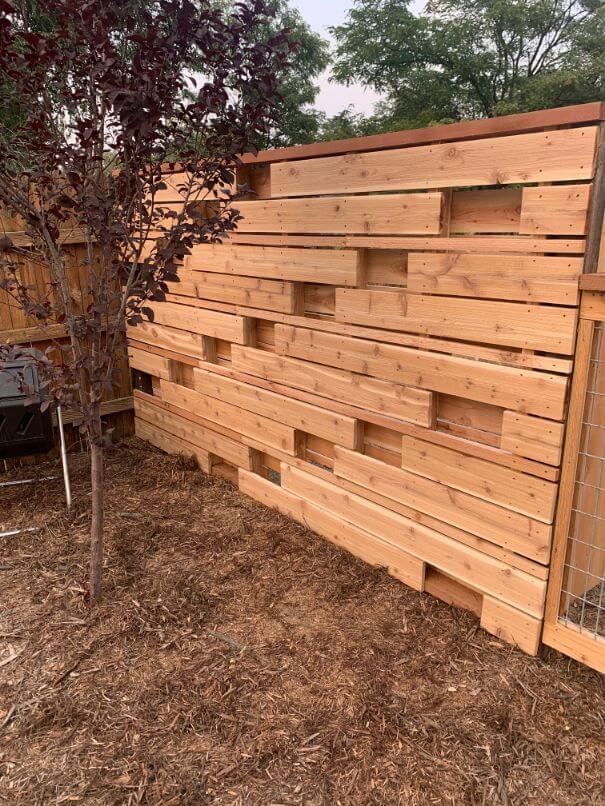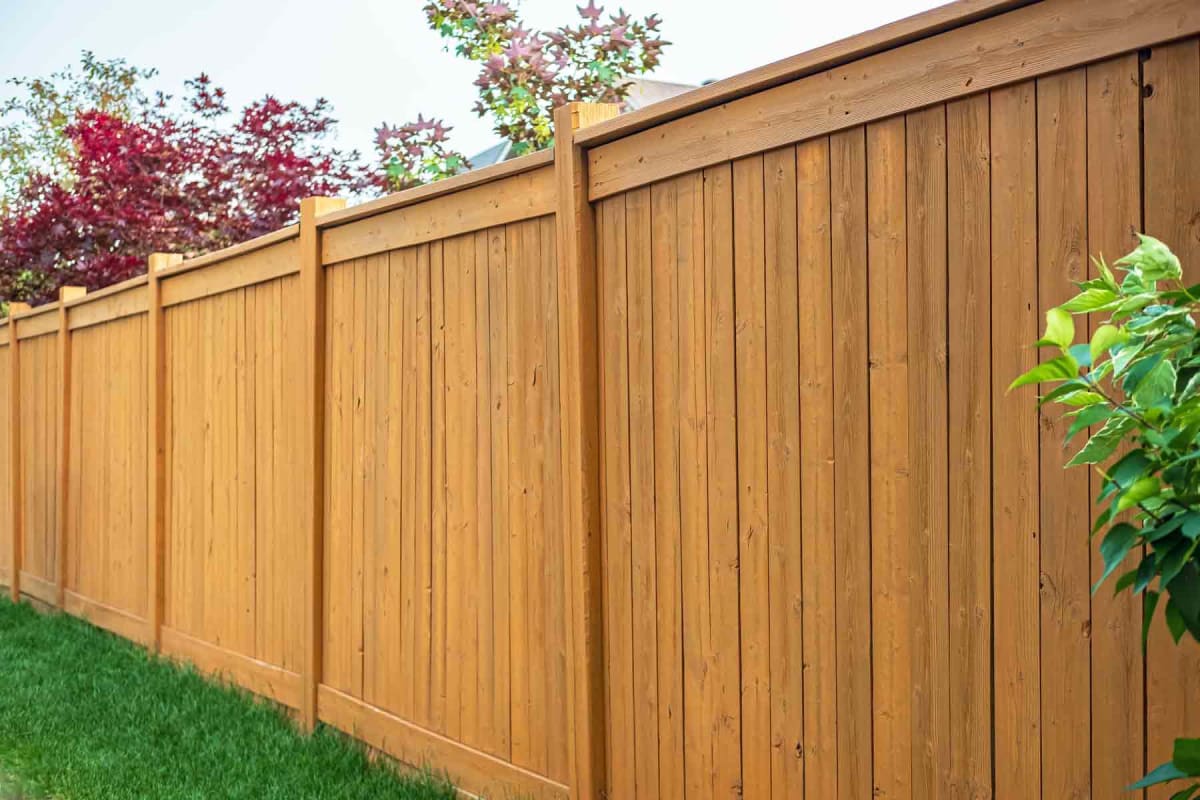All Categories
Featured

When it concerns picking the right secure fencing product for your home, timber, vinyl, and light weight aluminum are amongst one of the most preferred options. Each product supplies special advantages that match different demands, choices, and budgets. Recognizing the benefits and drawbacks of each type can help you make a notified decision based on your top priorities, whether that's visual allure, sturdiness, or upkeep needs. Below, we break down the advantages and disadvantages of these 3 typical secure fencing products.
Wood Fence. Pros:
Visual Allure: Timber fencings supply a natural, timeless appearance that enhances most kinds of landscape design and design. They can be quickly customized with paint or discolor, offering you the flexibility to produce the best shade and finish for your home. Versatility: Timber can be utilized to produce a range of fencing designs, from typical picket fencings to extra modern layouts like privacy fences or rustic ranch-style fencings. It's very easy to modify or add to over time if your demands transform. Affordability: Timber is usually much more budget friendly than vinyl or light weight aluminum, making it an attractive option for home owners on a budget. The first expense of a timber fence is usually lower than the other products. Cons:

Upkeep Requirements: Wood fencings require regular maintenance, including staining, securing, or paint to safeguard them from weathering, rot, and bug damages. Without appropriate treatment, wood can degrade promptly. Longevity: Wood is vulnerable to damage from insects like termites, and it can warp, split, or split over time because of exposure to the elements. In locations with severe weather, wood might need to be changed a lot more frequently than various other products. Minimal Life-span: While wood fencings can last for numerous years with correct care, they typically have a shorter life expectancy than vinyl or aluminum fences. Plastic Secure fencing. Pros:
Reduced Upkeep: One of the greatest benefits of vinyl fence is its reduced maintenance demands. Unlike timber, plastic does not need to be repainted, stained, or sealed. It's resistant to fading, splitting, or warping, making it suitable for property owners who desire a convenient fence. Toughness: Plastic fencings are very long lasting and resistant to the elements, consisting of UV rays, rainfall, and humidity. They're also invulnerable to pests, such as termites, that can harm timber fences. Selection of Styles: Plastic fencings been available in a vast array of styles and colors, and many mimic the look of wood without the upkeep downsides. You can pick from privacy fences, picket fences, and more to suit your requirements. Lengthy Life expectancy: With appropriate treatment, plastic fencings can last years, far longer than wood fences, and they include warranties that offer assurance. Cons:
Higher Initial Cost: While vinyl fences can save money on maintenance for many years, they tend to have a greater upfront price than wood fences, which might be a deterrent for some buyers. Limited Modification: While plastic fences are readily available in a range of shades and designs, they lack the personalization flexibility that timber gives. You're limited to the pre-designed panels available, which may not fit every unique aesthetic. Possible for Breaking in Cold Climates: In extreme chilly temperature levels, plastic fences can end up being brittle and might fracture under influence, making them much less appropriate for locations with freezing winters. Light weight aluminum Secure fencing. Pros:
Toughness and Stamina: Aluminum is a lightweight yet strong material that stands up to rust and rust, making it optimal for coastal areas or places with high moisture. Light weight aluminum fencings need minimal maintenance and can stand up to the components for several years. Visual Appeal: Light weight aluminum fencings use a sleek, modern appearance. They come in a range of ornamental styles and can be utilized to develop a much more sophisticated or contemporary appearance for your residential or commercial property. Low Upkeep: Light weight aluminum fences do not call for paint or sealing, and they're resistant to rust and deterioration, making them unbelievably reduced maintenance with time. Security: Light weight aluminum fences supply a higher degree of safety and security compared to vinyl or wood fencings as a result of their tough construction. They can be equipped with gateways and locks to give a protected border around your home. Cons:

Expense: Aluminum fencings are typically extra expensive than wood or plastic fences, both in terms of materials and installation costs. This greater price point can be a disadvantage for budget-conscious home owners. Less Privacy: Aluminum fences usually have an even more open design, with pickets spaced apart to allow exposure through the fencing. This may not be the ideal selection for your home if personal privacy is a priority. Prone to Denting: While light weight aluminum is rust-resistant, it can still be nicked or curved if struck with pressure, such as by a lorry or heavy tools. While it will not rust, it might not keep its excellent appearance if it obtains harmed. Which Product is Right for You? Choosing the finest fence product depends on your specific needs, budget plan, and long-lasting plans for your property. On the other hand, if you require a resilient, safe fence with a sleek appearance, aluminum could be the right product for you.
Ultimately, consider your environment, upkeep preferences, and aesthetic desires when deciding on your fencing material. Each option has its weak points and staminas, yet with the appropriate treatment and installation, all 3 can supply trustworthy and appealing borders for your residential or commercial property.
Latest Posts
How Does the Setup Process Differ In Between Residential and Commercial Fence Projects?
Published Nov 27, 24
0 min read
Montclare Auto Repair
Published Nov 27, 24
0 min read
A-Abel Roofing Inc.
Published Nov 27, 24
1 min read